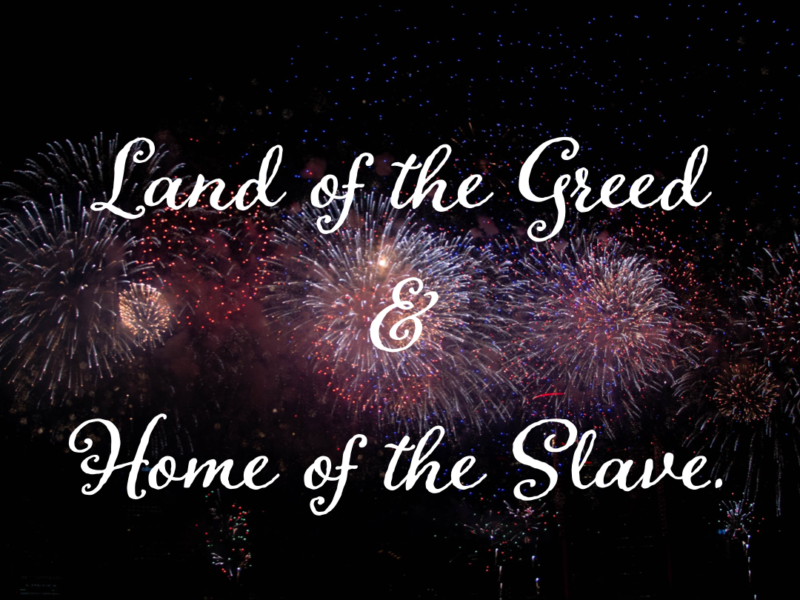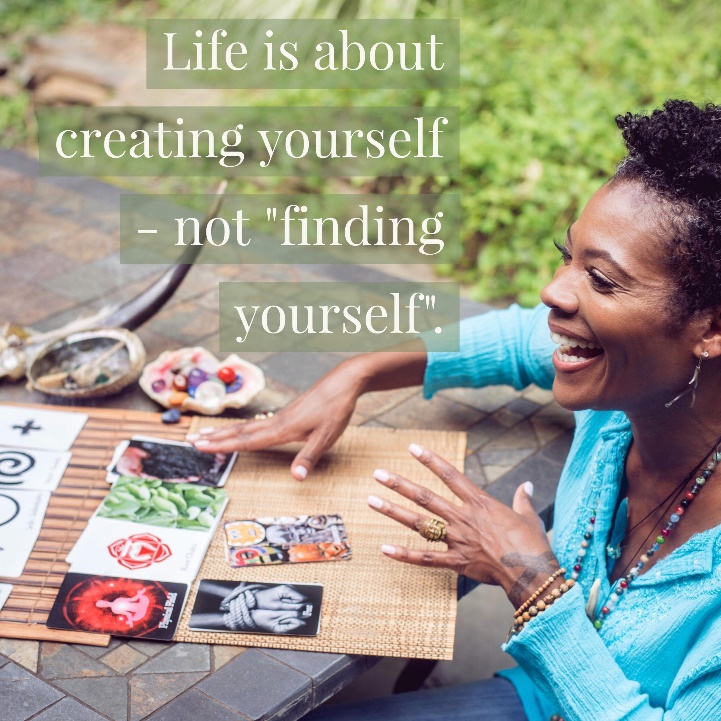Strong words, I know.
But this isn’t a “black” thing – it’s a historical fact. Sadly, accurate history-telling keeps all people misinformed to this day, so let’s talk a little history.
Black Americans were in a position to believe in the principles of the declaration and the American Revolution itself in the 1800s. But according to actual African American intellectual history, there were better days to celebrate.
Black people in the United States’ early years had a complicated relationship with the Fourth of July – confronting a (you’d never believe it) “national double-speak” in which white Americans celebrated their freedom of political expression while supporting the enslavement of Black people.
Black communities in the 1700s and 1800s used national holidays like the Fourth of July to demonstrate their citizenship, patriotism, and civic organizations – to show they were fully part of the fabric of the United States. But Black communities would often celebrate July 4th on July 5th to avoid the violence they experienced when they celebrated the holiday on the same day, and the same streets, as white Americans.
They also began celebrating the idea of independence on other days. In 1808, Black people in the U.S. began celebrating January 1st, when the U.S. banned the transatlantic slave trade. Black New Yorkers used July 5th to mark the day New York’s gradual emancipation law took effect in 1827. August 1st also became a holiday in 1834, when Great Britain abolished enslavement.
Unfortunately, but not surprisingly, even today – those displays of patriotism are often met with violence.
For example, in 1841, Black communities held parades in Cincinnati to celebrate the West Indies’ emancipation – and were met with violent white mobs. The Cincinnati riot was likely the most violent mob action against a free Black community before the Civil War.
A similar scene played out in Philadelphia the following year, and in Boston in 1857, Black people advocated for a state-recognized militia company. When they mustered and paraded across the city of Boston, white mobs attacked attendees with bricks, prompting the militia to turn and protect their Black fellow citizens. This is the sort of thing that would happen across the country.
Throughout the 1800s, Black Americans used July 4th to argue for emancipation and full citizenship, making the case that Black citizens – free and enslaved – had as much right to life, liberty, and the pursuit of happiness as white people.
On July 5th, 1852, Frederick Douglass, a well-established activist and abolitionist, was invited by the Rochester Ladies Anti-Slavery Society to give a lecture titled “What to the Slave is the Fourth of July?” in Rochester, New York.
During it, Douglass starts by praising George Washington, James Madison, and their colleagues, saying they set into motion a worldwide revolution referring to the Constitution and Declaration of Independence as sacred documents. He then adds, “You have been getting by on your forefathers’ legacy and that the existence of enslavement in the United States brands your republicanism as a sham, your humanity as a base pretense, and your Christianity as a lie.”
In short, he said that July 4th should be a day of national mourning because the nation’s promise has fallen short….it should not be a day of covering up with symbols and celebrations of a revolution fought and won because “it’s not done yet.”
And it remains a real celebration of the true meaning of this day remains to be seen – but that doesn’t mean I won’t take the day off!
This is why Black Americans have also celebrated other days, including Juneteenth.
Today, I am celebrating something altogether different. I’m celebrating milestones in my life with my family and friends. I officially adopt my son in a couple of weeks, AND (praise all entities seen and unseen) my son graduated high school. I will NEVER have to go back to high school again.
Now THAT is a reason to celebrate!!
Also – please note that Curio Craft & Conjure will reopen Tuesday, July 12th.




 Personal Initiations
Personal Initiations